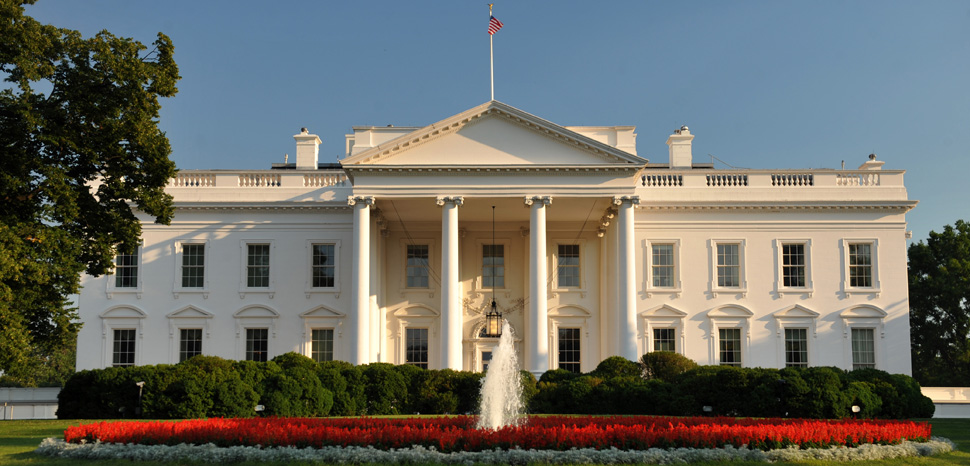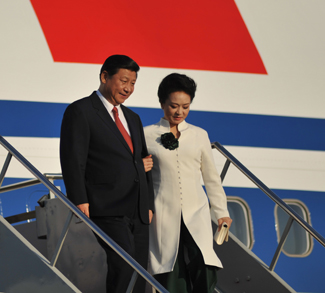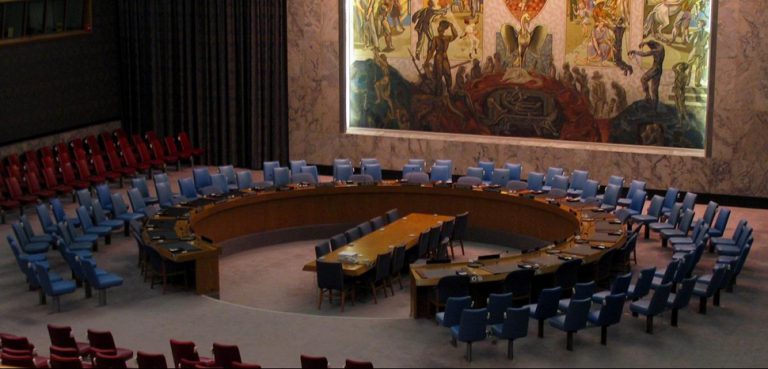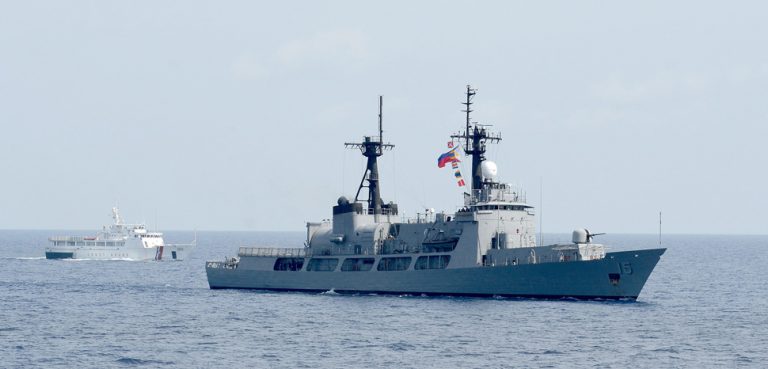Dark clouds continue to hang over the East Sea horizon because of China’s provocative actions in offshore oil and gas operations in disputed waters, and the nearby escalating Hong Kong protests, forcing many observers to give pause about the mariner weather lore: “Red sky in the morning, sailors (citizens) take warning.”
At last month’s Center for Strategic and International Studies (CSIS) South China Sea conference in Washington, some panelists held court about why the international community, especially the U.S., should speak out about China’s offshore oil and gas development in Vietnam’s territorial waters.
As Bonnie Glaser, director of the China Power Project at CSIS claims: “If there’s no response to these violations of the United Nations Conventions on the Law of the Sea (UNCLOS), it demonstrates that Beijing can violate international law with impunity.”
Beijing’s violation of UNCLOS, its indifference to the Arbitral Tribunal award at The Hague three years ago, its frenetic atoll building spree, not to mention the militarization of the Spratly Islands, fishing bans in disputed waters, and rampant ecological destruction of coral reefs, makes it painfully clear that Beijing’s endgame is complete control of the sea.
On the surface, US policymakers see an approaching geopolitical storm, much like a fast-moving typhoon, stretching across the South China Sea. The soft diplomacy measures undertaken by China and Vietnam at the start of the year, including joint coast guard patrols in the Gulf of Tonkin and the two Vietnam Navy warships attending a fleet review in China to mark the seventieth anniversary of the People’s Liberation Army Navy, are now being eclipsed by Beijing’s appetite and strong-armed claim on hydrocarbon resources in the South China Sea.
While China continues to protest the US Navy’s legitimate freedom of navigation operations in the SCS, the White House offers only muted views about Beijing’s troubling actions.
No matter how many Vietnamese or Filipino fishermen lives are lost on the high seas as a result of attacks on traditional fishing boats by Chinese paramilitary vessels, Washington does not seem to notice or care since it’s not in the national interest. This is evident in the failure of the Senate Foreign Relations Committee to get the bipartisan South China Sea and East China Sea Sanctions Bill, sponsored by Senators Marco Rubio (R-Fla.) and Ben Cardin (D-Md.), out of committee and to the Senate floor. The bill is aimed at punishing the Chinese regime for its “illegitimate” actions in claiming territorial rights in the waters off the country’s coastline.
For sure, China needs to be a responsible stakeholder in the contested region, but so does America. While a Chinese survey ship which had been embroiled in a tense month-long standoff with Vietnamese vessels has left the area, sources in Hanoi indicate that they are anticipating its return into Vietnam’s waters.
US Responses in the South China Sea
The South China Sea is nowhere close to the central strategic element in the overall US-China relationship. The trigger point has been the trade imbalance and intellectual property theft issues. But what about Washington’s defense alliance with the Philippines and support for Vietnam’s claims in the Paracels and Spratlys?
“The U.S. invites challenges by calling into question its alliance relationships,” writes Kori Schake, deputy director of the International Institute for Strategic Studies, in Foreign Affairs.
Although short of any declaration of any alignment with littoral states, the US State Department stated that “China’s repeated provocative actions aimed at the offshore oil and gas development of other claimant states threaten regional energy security and undermines the free and open Indo-Pacific energy market.”
Vietnam, an avowed strategic partner of the U.S., should remind Washington that Chinese pressure on Hanoi resulted in the suspension of an offshore natural gas project by the Spanish firm Repsol in Vietnam’s own exclusive economic zone. The result was the suspension of the project. For now, Chinese bullying of Vietnam and other claimant nations shows little signs of abatement.
With Vietnam assuming the role as chair of the Association of Southeast Asian Nations (ASEAN) in 2020, perhaps US policymakers should set up an exploratory ocean policy team with ASEAN and China to establish a joint development area (JDA) in the Spratly Islands aimed at the exploitation of hydrocarbons.
While the US Navy continues its FONOPs by dispatching warships, the Trump administration maintains its neutrality on any and all territorial disputes. Washington needs to play a stabilizing role in the SCS as China seeks to impose its hegemonic control of the region and beyond. Some members of the US Foreign Relations Committee recognize that China will achieve political and military domination of the region if left unchecked.
Anders Corr of Corr Analytics believes that this current SCS situation is a perfect opportunity for Washington to defend the principle of EEZ integrity, draw Vietnam away from China and closer to the U.S., and deny China access to hydrocarbons.
This contested oil and gas block is important to Vietnam since it provides up to 10 percent of its energy needs and because Hanoi realizes that if Rosneft folds, Exxon likely will too at the Blue Whale project.
According to ecologist Garrett Hardin, the tragedy is a problem when individuals or nations exploit a shared resource to the extent that demand overwhelms supply and the resource becomes unavailable to some or all. This scenario may soon to be playing out in the Arctic and that’s why there’s pressure for the U.S. to ratify UNCLOS sooner rather than later.
With the increasing openness of the Arctic region for economic and military expansion, and according to Representative Joe Courtney, chairman of the House Armed Services Subcommittee on Seapower and Projection Forces,
“there’s little time to waste to ensure the U.S. can approach any future discussions from a legitimate position based firmly in our ratification of the Law of the Sea.”
While the White House has plenty of distractions to deal with at the moment, here’s an opportunity to drill down on the US-China relationship. The Trump administration record speaks for itself: they talk a hard line rhetoric but offer no hard power initiatives. Policy experts sharply criticize that Washington should not announce policies that engage credibility in a way it is not prepared to back-up.
A good place to start is by the US Congress ratifying UNCLOS and passing the SCS Sanctions Bill.
James Borton, is an independent foreign correspondent and a newly appointed non-resident fellow of Tufts University Science Diplomacy Center.
The views expressed in this article are those of the author alone and do not necessarily reflect Geopoliticalmonitor.com or any institutions with which the author is associated.




